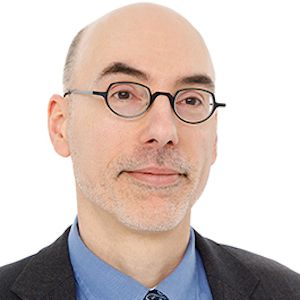Article
You Could Have Been a Doctor
How many nurses have heard "You could/should have been a doctor" from someone? It could have been said by a well-meaning family member or a grateful patient, but no matter where it comes from, the meaning is the same: You could have done better.
How many nurses have heard “You could/should have been a doctor” from someone? It could have been said by a well-meaning family member or a grateful patient, but no matter where it comes from, the meaning is the same: You could have done better.
But, who defines “better”? Is better earning more money? Is better having more prestige? Is “better” working for yourself? Or, is “better” doing what you do best in the manner you know best?
What many people don’t realize is the huge gap between the practice of medicine and the practice of nursing, the two distinct roles of each profession. A simplistic explanation would be that although both professions have the same goal of helping the patient, doctors work to solve the issue causing the problem and nurses work to solve the issues around the problem.
For the doctor, working to solve the problem usually means diagnosing the problem and performing surgery to correct it or prescribing treatment to cure or manage it. This is followed by evaluating if the surgery or treatment worked or is working. For nurses, in addition to carrying out the prescribed treatments, this could mean teaching, hand-holding, anticipating problems, assessing situations, evaluating treatment effectiveness, reporting problems, and intervening when necessary.
I could never be a doctor — the thought never even crossed my mind. I admire the dedication and the work that goes into learning their skills and obtaining their knowledge. I admire the ability of the doctors with whom I have worked and who have cared for me. The responsibility of their chosen profession is enormous. And so is ours.
Most nurses are not wannabe doctors — those of us have chosen profession for what we can offer our patients. So, the next time someone says to you, “you could have been a doctor,” smile and say, “yes, I could have. But I chose to be a nurse.”




